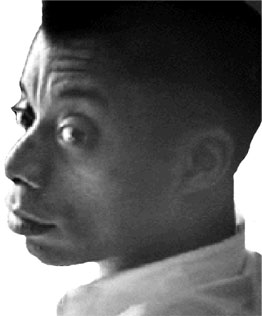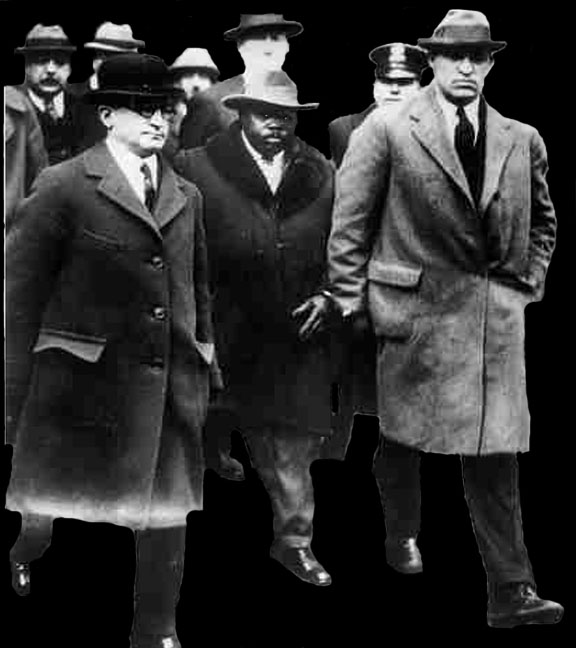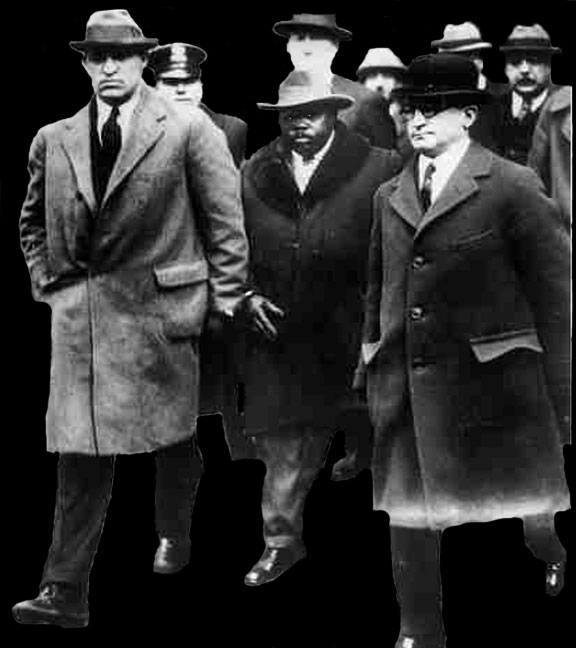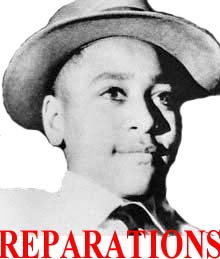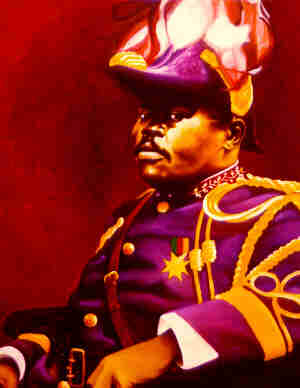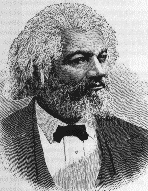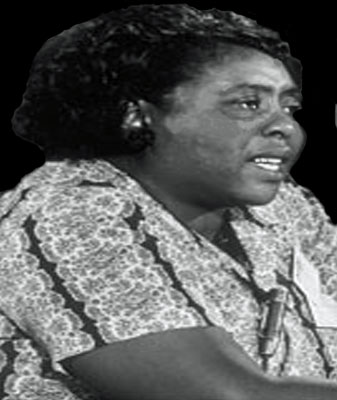aa
|
Marcus Garvey
The Legacy
The circumstances of Garvey's life and the lessons he taught his
followers reflect the popular intellectual and political currents of his times,
revised to the service of the revival of black consciousness. His life remains a
testimony to his spectacular ability to capture the popular imagination and move
people to a new outlook. "After all discount is made," declared a contemporary,
"after all the tinsel is brushed away, the fact remains that the grandiose
schemes of Marcus Garvey gave to the race a consciousness such as it had never
possessed before."
Marcus Garvey: Life and Lessons is a record, one hundred years
after the birth of Garvey, of the travail of self-education among black people.
It was out of this tradition that the ideal of Africa's regeneration evolved.
Garvey's positive contribution was to enrich its continuing legacy of race
pride, self-mastery, and hope.
In her memoirs Amy Jacques Garvey wrote of a May 1928 symposium
on Garvey at Howard University, where students debated the difference "between
'The Man' and 'The Movement'" that shared his name. The debaters agreed that
Garveyism, as a philosophy of black pride and pan-Africanism, was the solution
to "the international problem of the Negro." They also agreed that "Garvey's
philosophy was distinguished from the man Garvey" and stressed the timelessness
and universality of his legacy. "Garvey was temporal," they noted, "but
Garveyism was eternal."

|
|
a |
